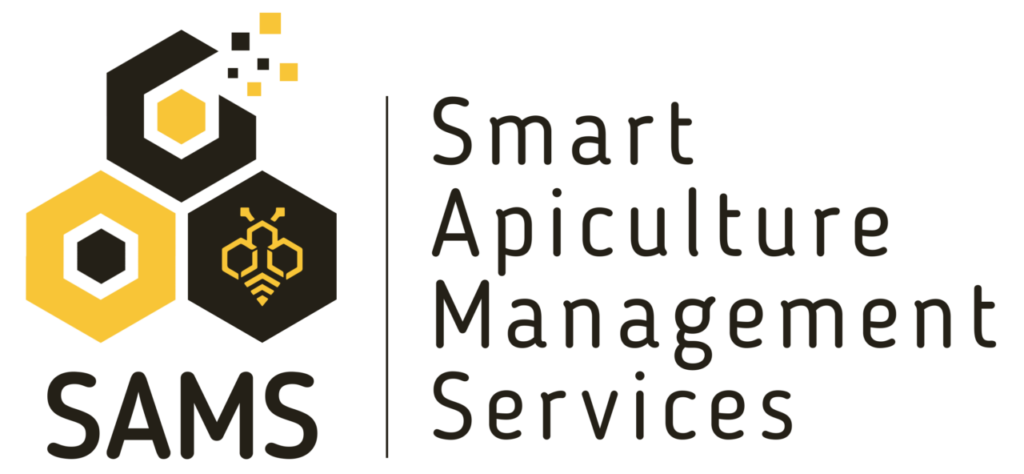Situation of beekeeping and its implication for SAMS Business Development in Ethiopia
In Ethiopia, beekeeping is a longstanding traditional practice and currently out of ten households, one (10 %) keeps honeybees. The country’s potential for honey production is huge, with production potential of 500 thousand tones. This is because of the fact that the country has a diverse and unique natural and cultivated flora that is suitable for beekeeping. This has helped to put the country among the major honey producers in the world. Honey in Ethiopia generally produced as a cash crop, with yearly sales amounting 90 to 95 % of total production. Because of the lack of appropriate market, 70 % of the marketed honey goes to the production of fermented local beverage (Tej) and only 30 % is used as table honey. This fact shows that if beekeeping properly supported and the huge potential is tapped, business development/Commercialisation of beekeeping activities is relatively easier in Ethiopia. Commercialisation in the context of SAMS entails creating business minded beekeepers, scaling-up production, addressing quality and apiary management issues, developing cooperatives, establishing market links with processors, buyers and so on.
